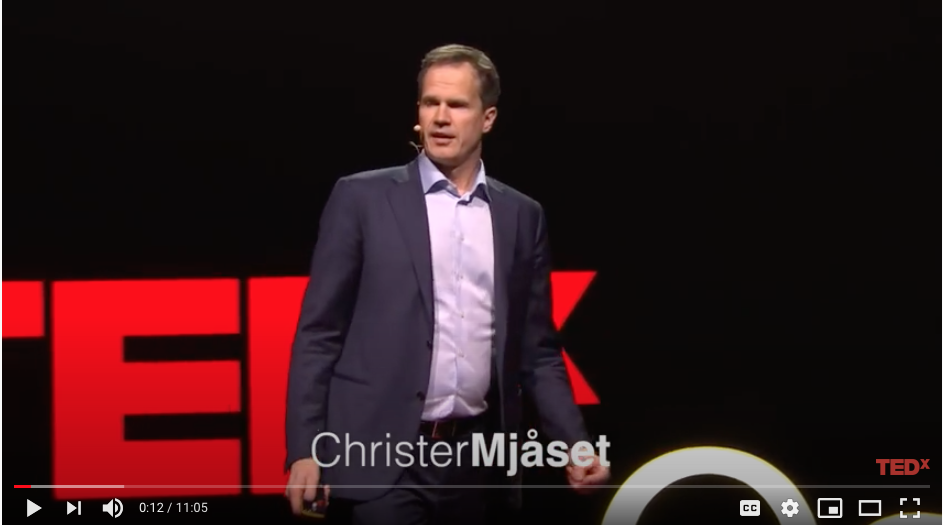A good doctor sometimes says no, but the sensible patient also sometimes turns down an opportunity to get diagnosed or treated
Is this really necessary?
What are the risks?
Are there other options?
What happens if I don’t do anything?
Christer Mjåset
Is this really necessary?
What are the risks?
Are there other options?
What happens if I don’t do anything?
Christer Mjåset
Patients often come with an expectation that the doctor will sort out their problems, with a simple pill or a simple operation. People often say to me that they "don't like taking pills" and would rather have an operation to sort the problem; this demonstrates that a lot of people underestimate the risks associated with surgery. We are, to a degree, victims of the success of modern medicine.
Sometimes the longest, hardest consultations involve explaining why I don't have an operation to fix the problem. But even if we are considering surgery, we still have to go through a proper consent process that incorporates and expands Dr Mjaset's 4 questions:
What are we treating?
Are there other options, what happens if I don’t do anything?
What does the operation involve?
What is the aftermath of the operation like?
What are the risks?
Is this the right thing to do?
This good TED talk discusses this at more length.
Sometimes the longest, hardest consultations involve explaining why I don't have an operation to fix the problem. But even if we are considering surgery, we still have to go through a proper consent process that incorporates and expands Dr Mjaset's 4 questions:
What are we treating?
Are there other options, what happens if I don’t do anything?
What does the operation involve?
What is the aftermath of the operation like?
What are the risks?
Is this the right thing to do?
This good TED talk discusses this at more length.


 RSS Feed
RSS Feed
